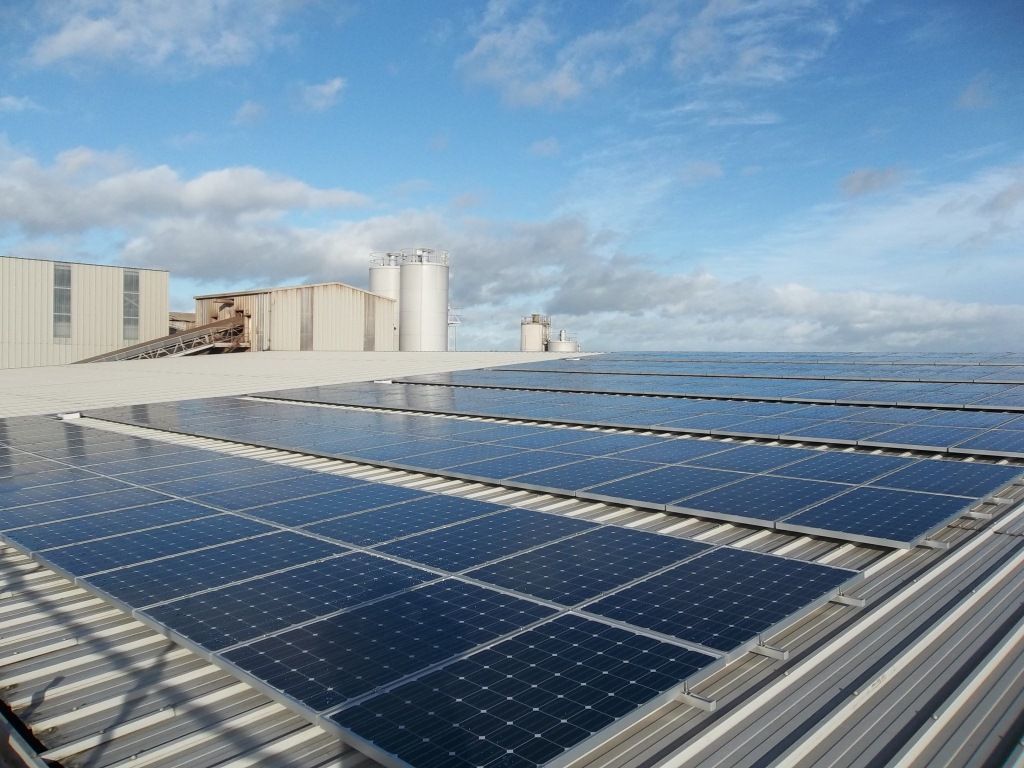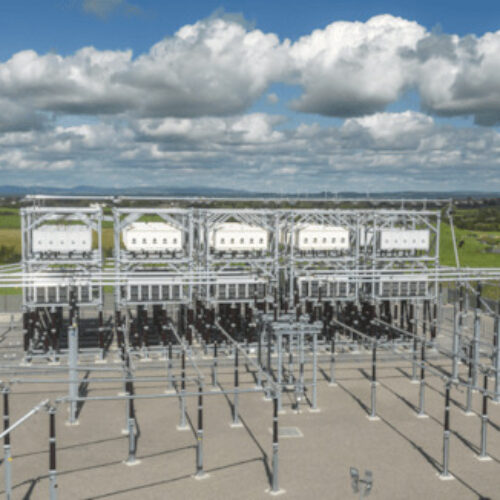BT has topped the list of FTSE 100 companies thanks to its sustainability strategy, after the latest Carbon Clear report deemed the telecommunications giant to have the most comprehensive approach to carbon and sustainability reporting.
The report examines best practice carbon reporting processes and procedures of FTSE 100 companies with the aim of understanding the extent and quality of carbon management and sustainability.
In order to identify and promote best practice, all companies were scored in five broad subject areas – measurement, reporting and verification, strategy, carbon reduction, engagement and innovation. The data was collected from FTSE 100 companies’ sustainability reports, annual reports or websites (all publicly available information) during summer 2016.
The BT Group was ranked first for the third year in a row due to what Carbon Clear called “an extensive and broad strategic approach, firmly cementing their position as one of the best practice leaders of the FTSE 100.”
The company was the first of the FTSE 100 to adopt science based targets for carbon reduction, achieving an 81% reduction in net emissions ahead of its 2020 goal. It is also a member of the RE100 and already sources 95% of electricity bought worldwide from renewable sources.
A spokesperson for BT told Clean Energy News: “We’re delighted that BT’s commitment to carbon reduction and sustainability reporting has been recognised for the third year running. But the work doesn’t stop here, we’re continuing to work hard to reduce our own carbon emissions and help our customers and suppliers reduce theirs.”
BT was closely followed by Marks and Spencer, which ranked higher in the carbon reduction category of the report. According to Carbon Clear, this was predominantly led by the retailer’s offsetting practices, which means it now operates as carbon neutral worldwide, having been so in its UK operations for four years.
It was followed by Unilever, which scored full marks in the Innovation section of the report for its ‘Sustainable Living Plan’, which includes adoption of renewable energy and rewards for sustainable business practices.
Carbon Clear Sustainability Reporting Performance of FTSE 100: 2016’s top 20 ranking
As well as identifying the top performers, the report also revealed a series of key trends among FTSE 100 companies, including the rapidly increasing role of renewable energy in business sustainability.
The number of companies included in the report that were use renewable energy increased significantly in 2016 following a period of consistency between 2012-15. Almost half (48) now purchase green electricity, while 10 have committed to the RE100.
Carbon Clear claims this increase has been caused by uncertainty over energy supply while improved economics may have led to the increase in onsite renewable, as companies look to both secure their energy supply and decrease their carbon footprint.
This article has been amended since it’s original publication to include comment from the BT Group.





